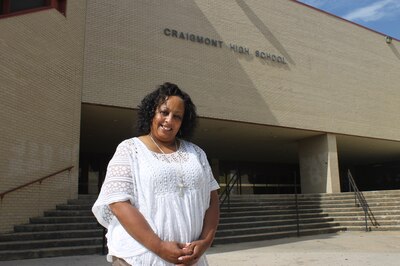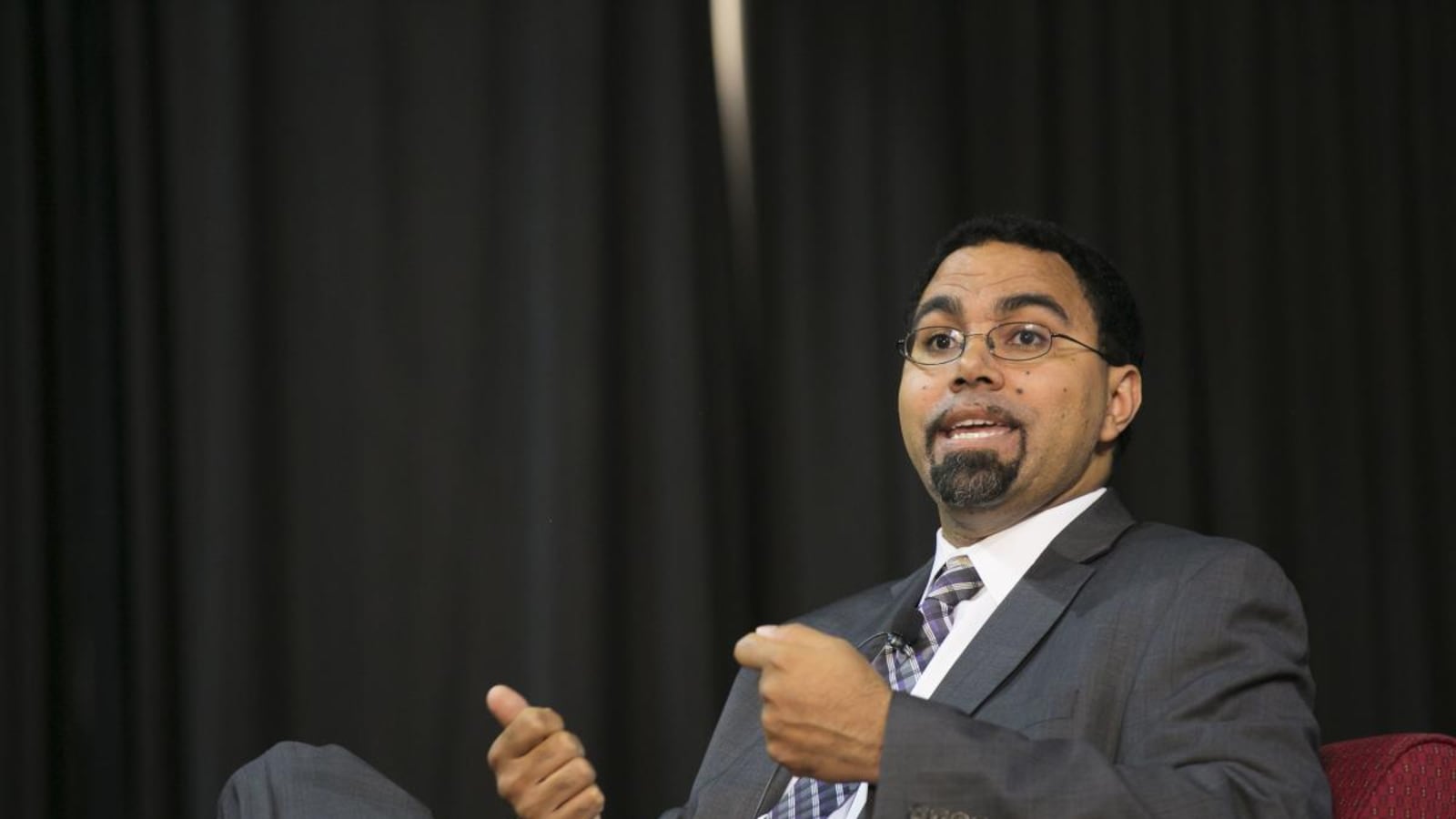When John King makes his first visit Wednesday to Memphis as the nation’s education chief, he’ll highlight college opportunity in a school district with a sagging ACT composite but a rising number of students applying for financial aid for college.
King will visit Craigmont High School as part of a back-to-school bus tour across the South touting education initiatives of the Obama administration, including streamlining the process for completing the Free Application for Federal Student Aid, or FAFSA.
For the second year in a row, Tennessee was recognized for having the nation’s highest percentage of high school seniors submitting a FAFSA form, and students in Memphis were a big contributor. A FAFSA campaign last year increased the city’s completion rate from 60 to 88 percent.
But Shelby County Schools’ most recent average ACT score was only 16.8 out of 36, slightly down down from the previous year and well below the national average of 20.8. A 21 is Tennessee’s benchmark for being considered “college and career ready,” meaning they can avoid remediation classes in college and also be eligible for Tennessee’s HOPE scholarship.
At Craigmont, King will highlight ways that students and parents can access and pay for college when he speaks at a college fair for seniors and students from eight schools. Specifically, he’ll share information about the new Oct. 1 availability of the FAFSA application, as well as the College Scorecard launched last year to help students compare information about the cost and value of colleges.
Craigmont is representative of most public schools in Memphis, where poverty, high mobility and low test scores are among the daily challenges facing students and educators. About 73 percent of students were considered economically disadvantaged in 2014-15, and only 26 percent of upperclassmen were deemed proficient in math and 17 percent in English III.
And yet, about 70 percent of Craigmont seniors submitted FAFSA applications this year, an increase that school leaders attribute to teacher buy-in, guidance counselors following up individually with students, and weekly FAFSA help nights as the February deadline approached for Tennessee Promise, a state initiative for tuition-free education at two-year colleges.

“It has made college-going a part of the conversation for all students, not just the top students,” said Craigmont principal Tisha Durrah, adding that many of her graduates who pursue higher education are first-generation college-goers. “All kids see that college is attainable. … It’s a community process.”
King will be accompanied Wednesday by Shelby County Superintendent Dorsey Hopson, who says he hopes to talk with the education secretary about the district’s Gates Foundation-funded initiative to recruit and develop teachers and administrators — work that will become more challenging as the $90 million grant dries up this school year. He also hopes to bring up the district’s needs in implementing the new federal education law known as the Every Student Succeeds Act, or ESSA, and changes to Title I funding for poor students.
“We want to make sure those changes aren’t detrimental for our students,” Hopson said Monday. “Policies meant for good, if not implemented in the right way, can have a negative impact.”
King’s Memphis visit will mark the close of a two-day sweep across Tennessee as part of the U.S. Department of Education’s bus tour.
On Tuesday morning in East Tennessee, King focused on education technology during a visit to Bristol’s Vance Middle School, the city district’s first school to provide laptops to every student. He later visited Pellissippi State Community College in Knoxville, where President Obama came in 2015 to propose making community college free for most high school graduates through America’s College Promise, modeled after the Tennessee Promise scholarship. And he was scheduled to visit Battle Academy in Chattanooga later in the day to talk up teacher leadership.
The tour marks King’s second time in Tennessee since he took his new job in March replacing Arne Duncan. In June in Nashville, he delivered the keynote speech on discipline at a national charter school convention and met with an advocacy group about the impact of the ESSA on students of color.

